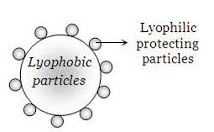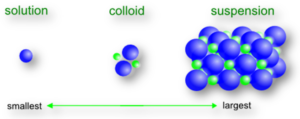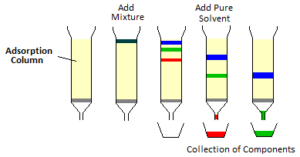The five elements; Fluorine (F), Chlorine (Cl), Bromine(Br), Iodine (I) and Astatine (At) belonging to VII A Group of the modern periodic table are collectively referred as halogens. The last element Astatine is radioactive and is very short lived hence generally excluded from the study. The word halogen is derived from the Greek words Halos […]
- Tags Astatine, atomic radius, Bond dissociation enthalpy, Bromine, Chemistry, Chlorine, Electron affinity, Electron gain enthalpy, Electronegativity, Electronic configuration, Fluorine, Group 17, Group VII A, Halogens, Iodine, Ionization enthalpy, Ionization potential, Monovalency, Oxidation state, Oxidizing agent



